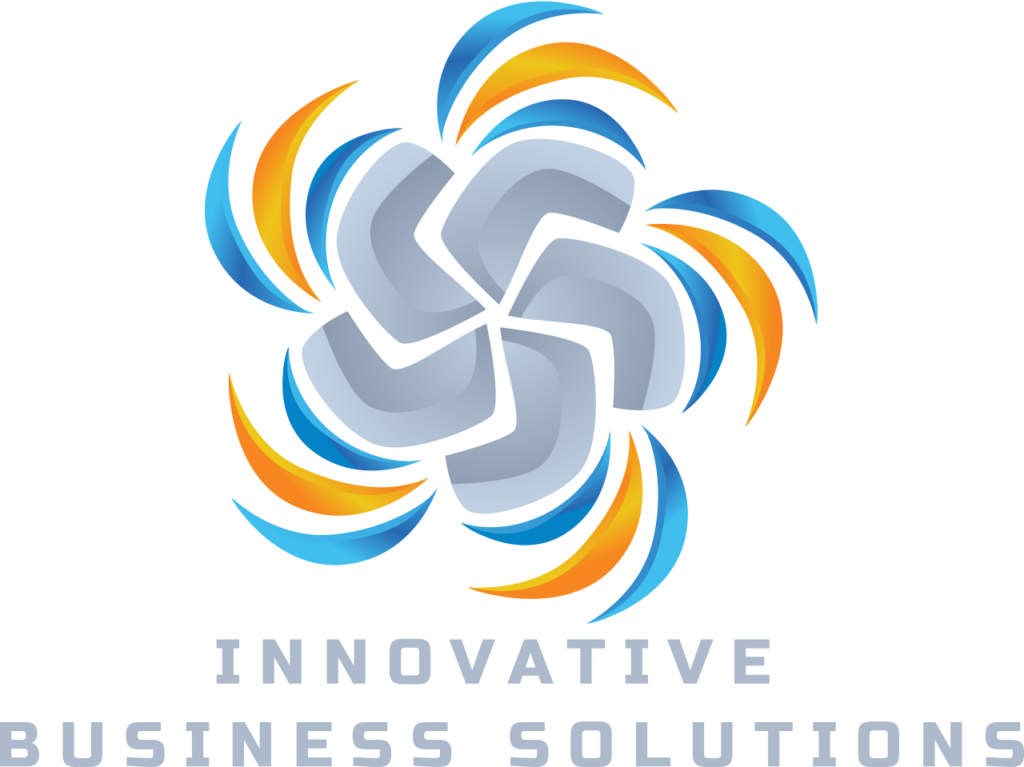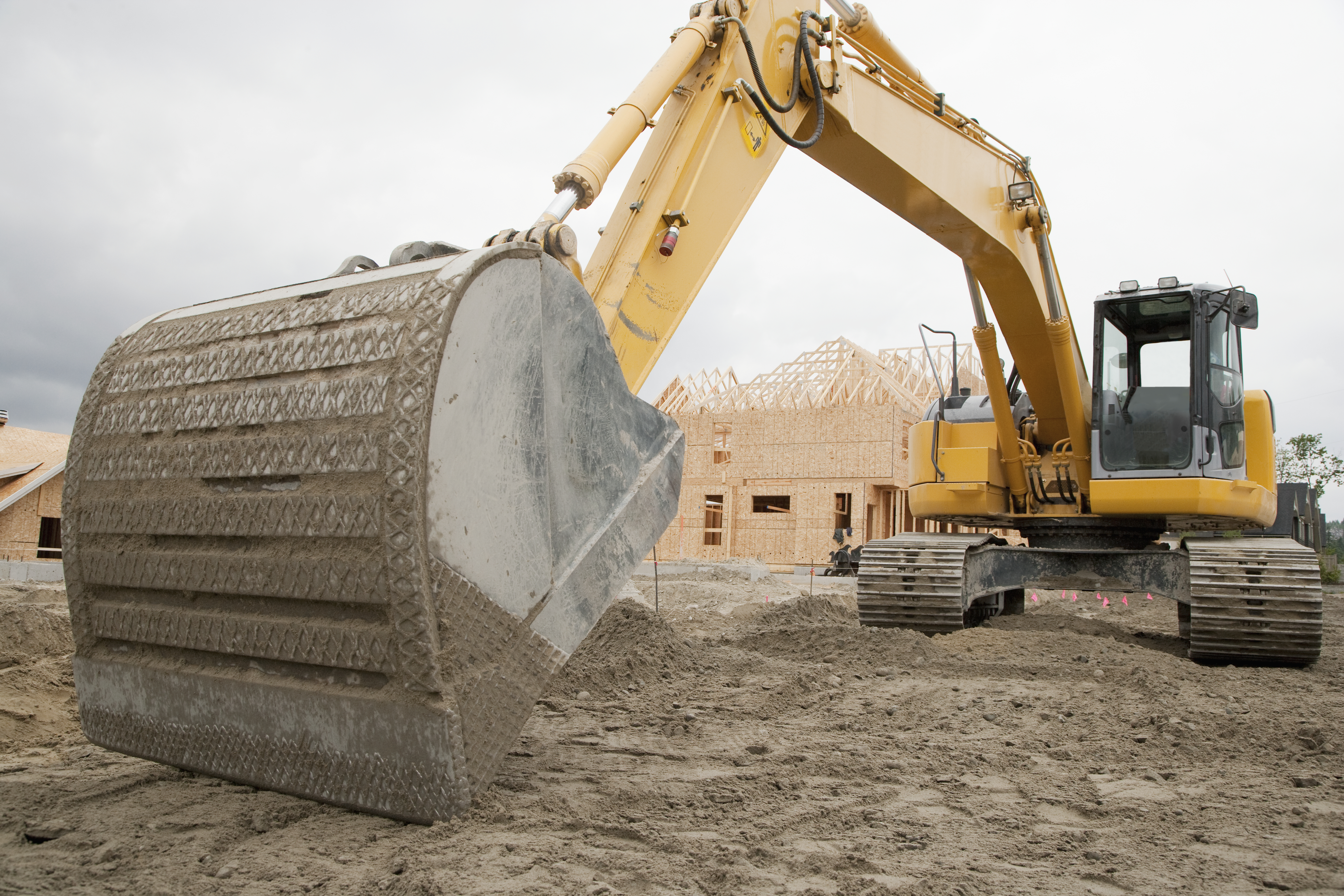Ultimate Guide to Excavator Leasing & Financing
Excavators, often known as diggers or mechanical shovels, are indispensable tools in the construction industry. These machines excel at digging holes, trenches, and foundations. Beyond these primary functions, they’re also used for material handling, forestry tasks, and more. If you’re in the market for an excavator, you have multiple financial options available. This guide will break down everything you need to know about excavator leasing and financing. When you’re in the construction or earth-moving industry, the question is not whether you need an excavator but rather how best to acquire one. Excavators are essential machinery but come at a high cost. This guide will walk you through the intricacies of excavator financing, leasing, and more, to help you make an informed decision for your business.Cost of Excavators:
- Mini-excavators: Generally, a used mini-excavator will cost between $15,000 and $30,000.
- Full-sized excavators: Prices can vary based on age, hours of use, and other factors, with costs ranging from $50,000 to over $250,000.
Financing vs. Leasing:
Excavator Financing:
- Ownership: At the end of your term, the excavator is yours. Typically, a final payment of one dollar secures ownership.
- Depreciation: Excavators tend to retain their value, making financing a popular choice for many businesses.
- Down Payment: Varies based on credit and business history. In many cases, only documentation fees are required upfront. In challenging credit situations, a higher down payment, sometimes 10-20% or more, might be necessary.
- Qualifications: Typically, businesses that have been operational for 2+ years and have a good credit history will find it easier to qualify. However, startups and those with blemishes on their credit might need to provide bank statements.
Excavator Leasing:
- Ownership: At the end of the lease, you have the choice to buy the equipment for a balloon payment, or you can walk away.
- Monthly Costs: Leasing can have lower monthly payments compared to financing.
- End of Lease: It’s crucial to consider the residual value at the end of the lease. Given that excavators hold their value, the residual might be significant.
Benefits of Excavator Financing:
- Immediate Productivity: Get the equipment you need now and start generating revenue even before your first payment.
- Cash Conservation: Spread the equipment cost over time, ensuring available capital for other business expenses.
- Access to Advanced Technology: Financing allows you to invest in the latest equipment, ensuring optimal efficiency and safety.
- Customized Terms: Tailor your payment schedule to match your business’s cash flow.
- Protection Against Inflation: Lock in your rates and avoid unexpected price hikes.
- Bundling Solutions: Combine equipment, maintenance, and installation costs for more straightforward payment schedules.
- Maximized ROI: By avoiding lump-sum payments, you can achieve a higher return on investment.
- Asset Management: Let your financing company handle everything from equipment delivery to disposal.
- Build Business Credit: Consistent payments can improve your credit score, positioning you favorably for future financing.
- Adaptability: Stay agile and responsive to industry demands and market changes.
- Potential Tax Benefits: Financing can offer depreciation and tax deductions. Always consult with a financial advisor for specifics.
Qualifying for Excavator Financing
To qualify for excavator financing, a good business and credit history can smooth the process. Typically:- For Established Businesses: If you’ve been in operation for over 2 years and have a history of timely finance payments, qualification may only require an application.
- For New or Credit-Challenged Businesses: You might need to provide bank statements showing:
- A minimum balance is equivalent to at least 3 future payments.
- Regular monthly deposits (for non-startups).
Down Payments: Do You Need One?
The requirement for a down payment varies based on your financial and business situation. Some programs may not need any down payment, charging only documentation fees (up to $1,000) for operational costs. More commonly, businesses might be required to pay one or two installments upfront, along with these fees. In more challenging financial scenarios, higher down payments (10-20% or more) may be demanded. Some financing options also allow for deferred or reduced initial payments, letting the excavator earn its keep before you make significant payments.Excavator Leasing Rates
Leasing rates are influenced by multiple factors, including the perceived risk to the lender. Used equipment tends to depreciate swiftly, especially when put to rigorous use. Lenders, thus, set rates that account for potential losses from clients who default on their loans, while also making a profit. Credit profiles significantly impact the payments businesses need to make.Frequently Asked Questions
Excavator Financing FAQs
How long can I finance an excavator?
Financing terms usually range from 24 to 72 months for used excavators. The term length can depend on the equipment’s expected lifespan.
What credit score is required?
It might be possible to get financing with a score as low as 550, but higher scores usually offer better terms.nthly outflows.
What is no-credit-check financing?
This is a loan type where the lender doesn’t review your credit history. Some lenders might do a “soft” credit check, which doesn’t impact your score.
Can I finance from a private seller?
Yes, many financing options cater to those buying from private sellers. Ensure you mention this on your application.
What's the monthly payment for an excavator?
Multiple factors affect this, including your business duration, credit score, and the equipment’s price. Generally, financing often proves cheaper than renting a similar excavator.
Can I pre-qualify?
Of course! Swift pre-qualification is accessible without a credit evaluation.


